News
Feb. 13, 2023
The lifespan of a clutch depends on several factors, including the make and model of your vehicle, driving style, and driving conditions. On average, a clutch can last between 50,000 to 100,000 miles, but with proper care and maintenance, it can last even longer.
If you have a habit of riding the clutch (i.e., keeping your foot on the clutch pedal while driving), or engaging and disengaging the clutch too quickly, it can wear out the clutch faster.
The type of vehicle you drive can also play a role in the lifespan of the clutch. For example, sports cars and vehicles with manual transmissions generally have a shorter clutch lifespan compared to sedans or SUVs.
The amount of load that the clutch has to handle can also impact its lifespan. If you frequently drive with a heavy load, such as towing a trailer, the clutch will have to work harder and may wear out faster.
The type of roads you drive on and the conditions you drive in can also impact the lifespan of the clutch. If you frequently drive in stop-and-go traffic or on bumpy roads, the clutch may wear out faster compared to driving on smooth, well-maintained roads.
Regular maintenance and inspections of the clutch can also play a role in its lifespan. If you have the clutch inspected and adjusted regularly, it can last longer compared to neglecting it.
If you notice any symptoms of a failing clutch, such as slipping gears, a burning smell, or difficulty shifting gears, it's important to have it inspected and repaired as soon as possible. Neglecting a failing clutch can result in further damage to the clutch, transmission, and other drivetrain components, which can be much more expensive to repair.
Avoid riding the clutch and engage and disengage the clutch smoothly.
If you're carrying a heavy load, try to distribute the weight evenly in the vehicle.
Avoid driving on bumpy roads as much as possible.
Have your clutch inspected and adjusted regularly as part of your vehicle's routine maintenance.
Avoid making sudden stops, as this can put extra stress on the clutch.
In conclusion, the lifespan of a clutch can vary widely based on several factors, including driving style, type of vehicle, driving conditions, and maintenance. To extend the lifespan of your clutch, it's important to drive smoothly, avoid overloading, drive on well-maintained roads, have regular maintenance, and avoid sudden stops.
If you want to know more information about clutchs, please contact us. Yaolun will provide professional answers.
Related News
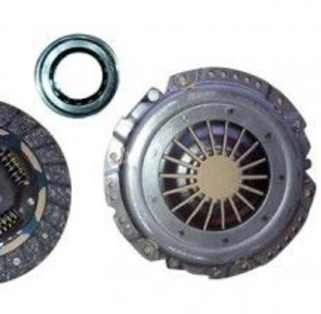
Function and Characteristics of Automotive Clutch
Jun. 28, 2023
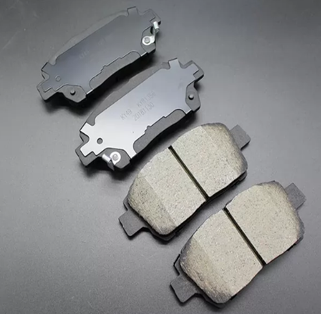
Brake Shoe vs. Brake Pad: What's the Difference?
Jun. 16, 2023
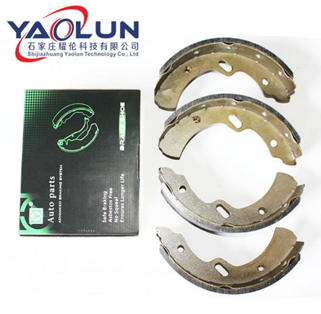
Common Signs of Worn-out Brake Shoe
May. 26, 2023
Product Categories
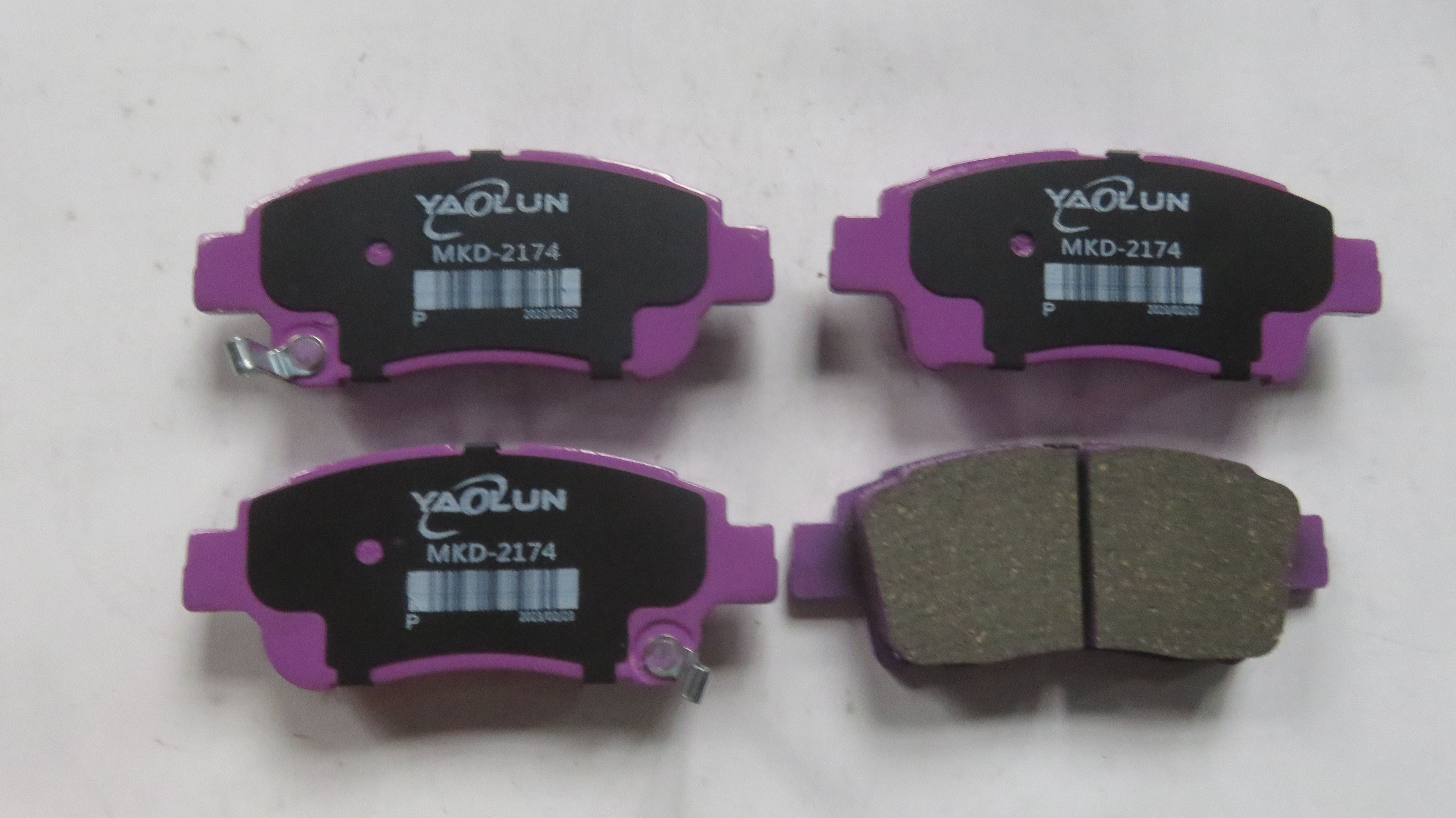
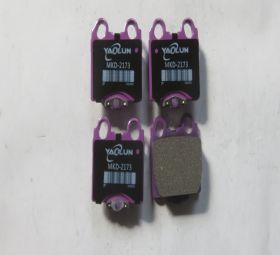
Brake Pads MKD2173 LEXUS,TOYOTA GS,IS,SC,Crown,Majesta, Royal 1jz ,2jz,1G 1997-2011 REAR
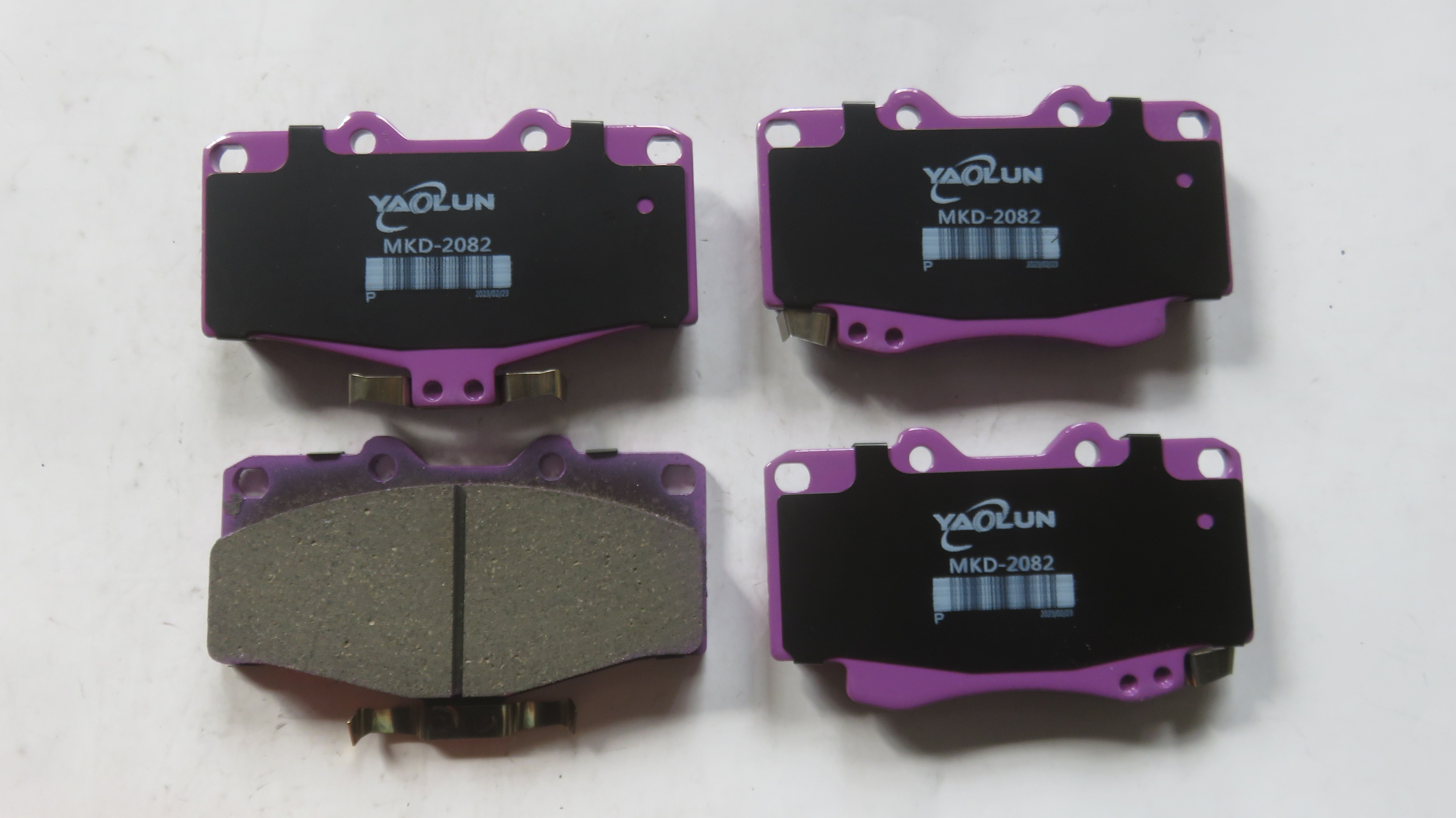
Brake pads MKD2082 TOYOTA L/C 1990-1998 Lexus LX450 1996-1997 FRONT
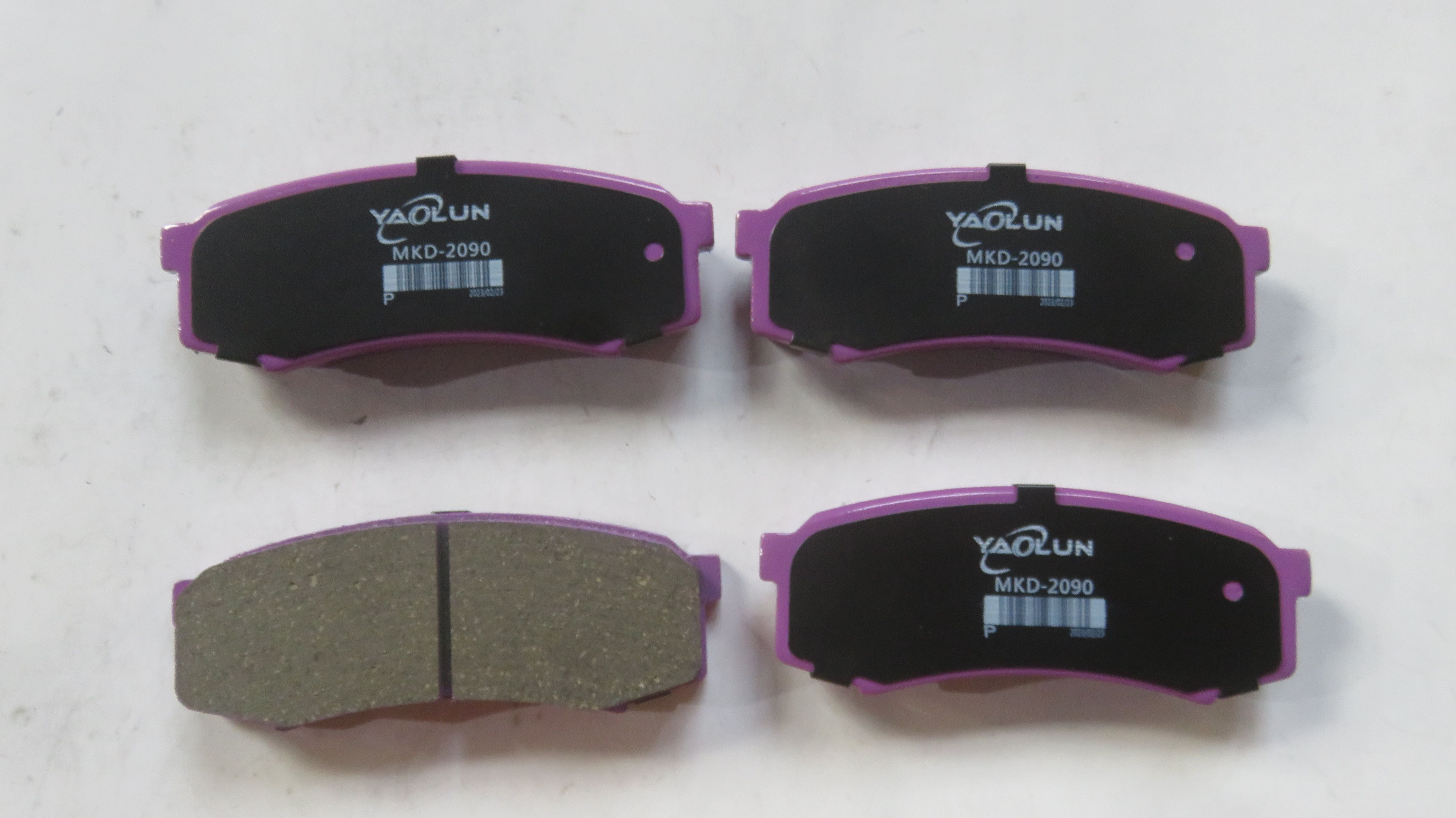
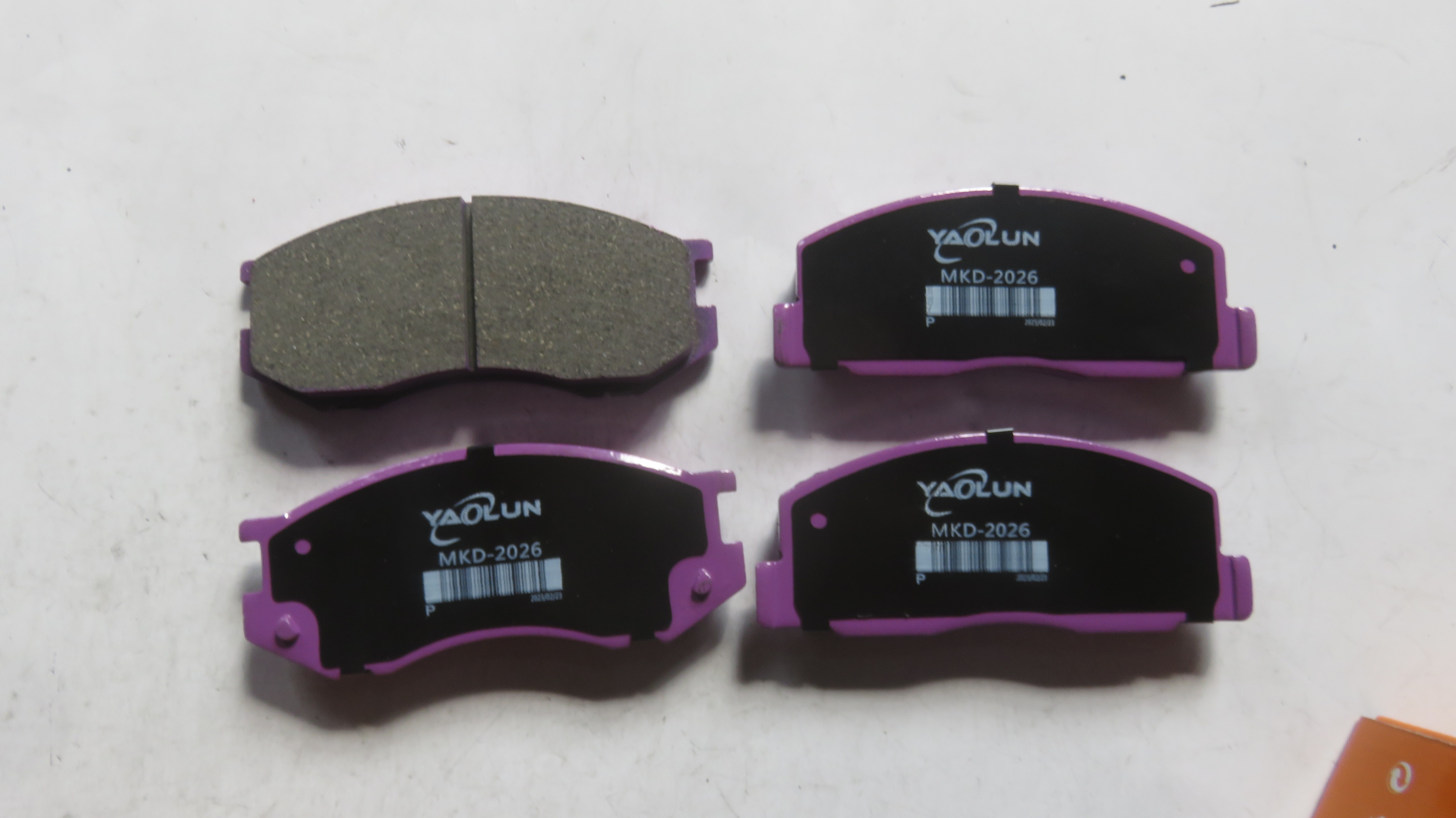
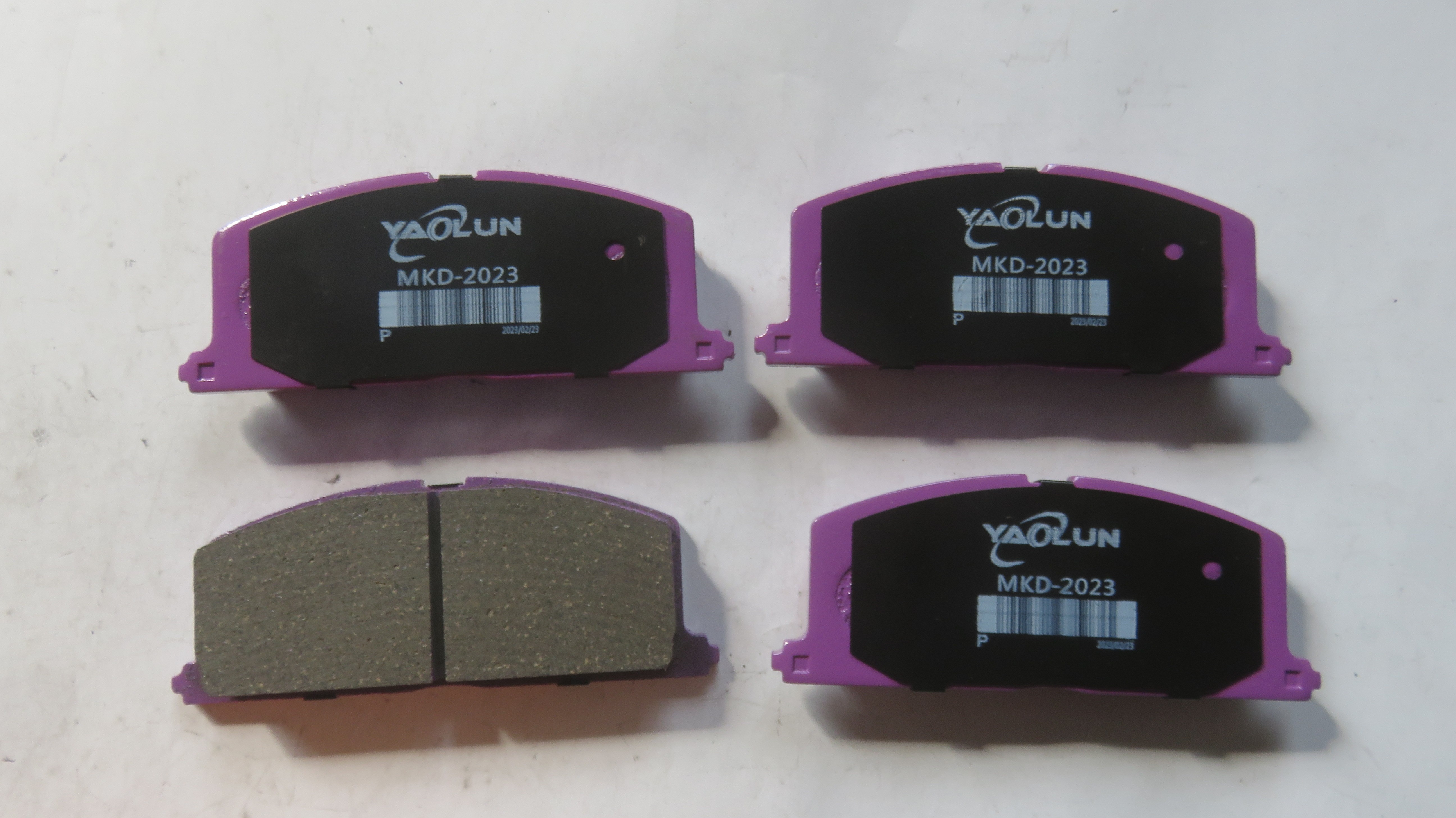
Brake pads MKD2023 Toyota AE90/100/110 Caldina,Carina,Corolla,corona front 1998-2002
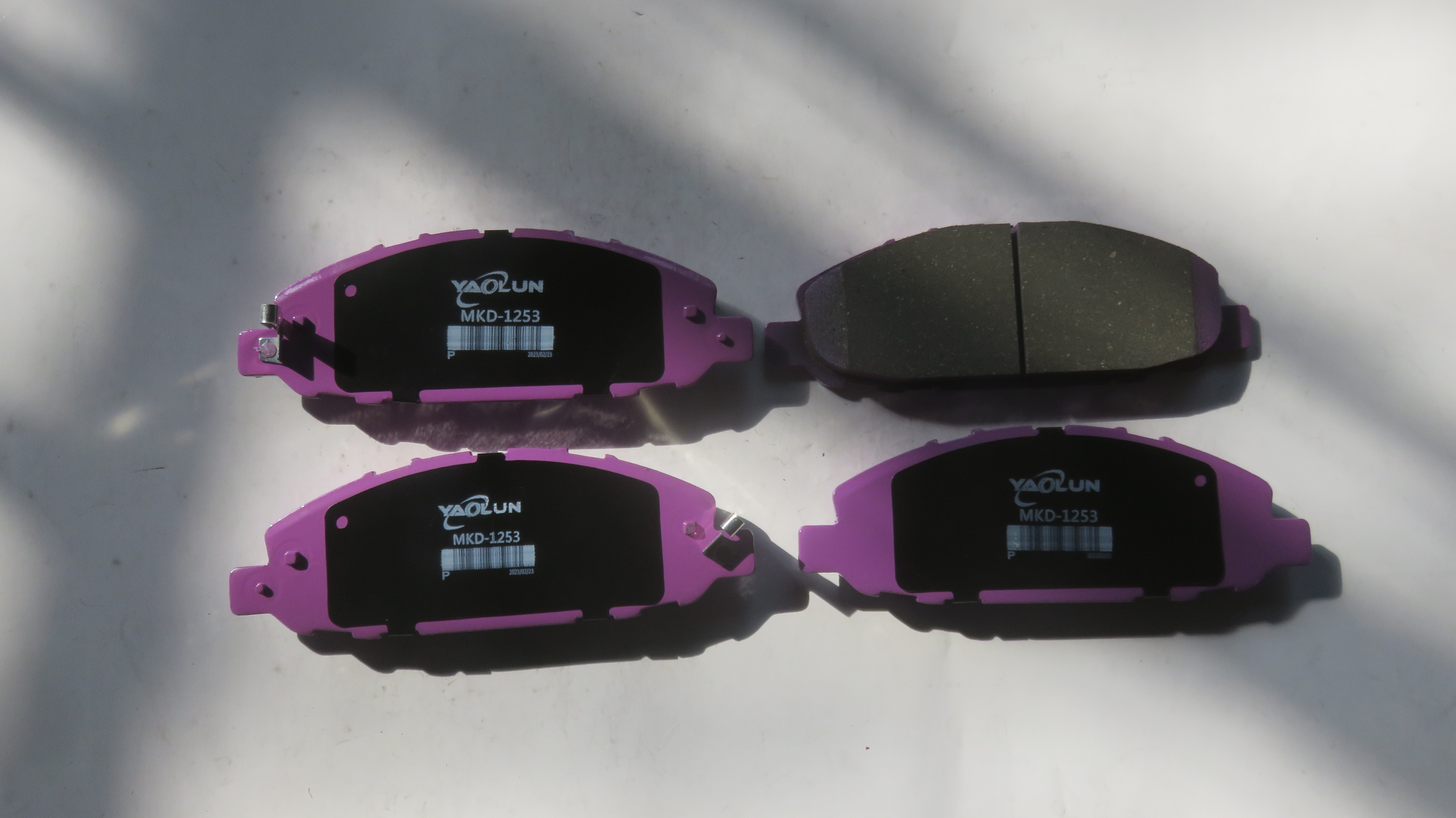
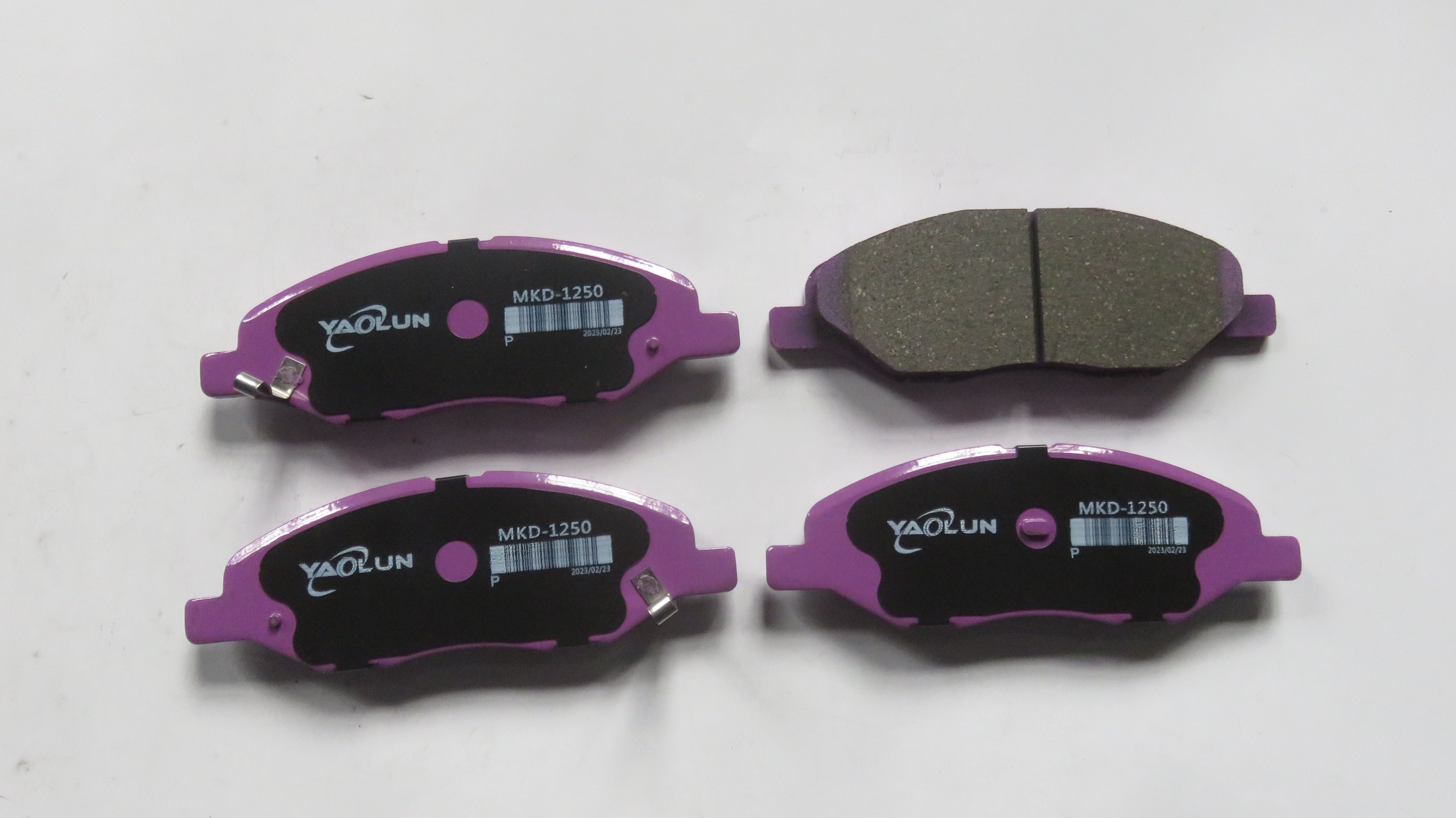
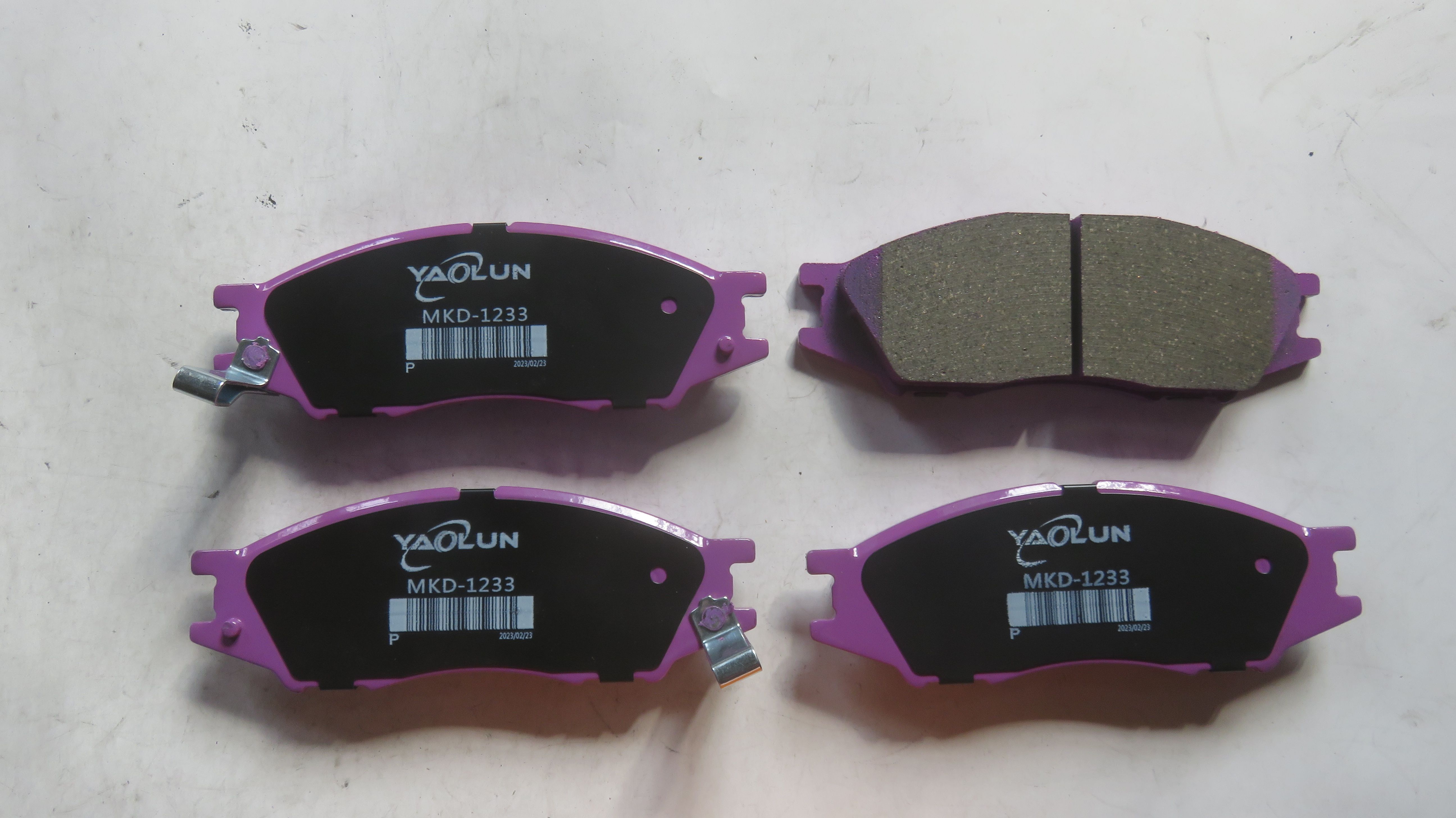
Brake pads MKD1233 NISSAN Almera II CC 1.5,1.8,2.2 2002 Front
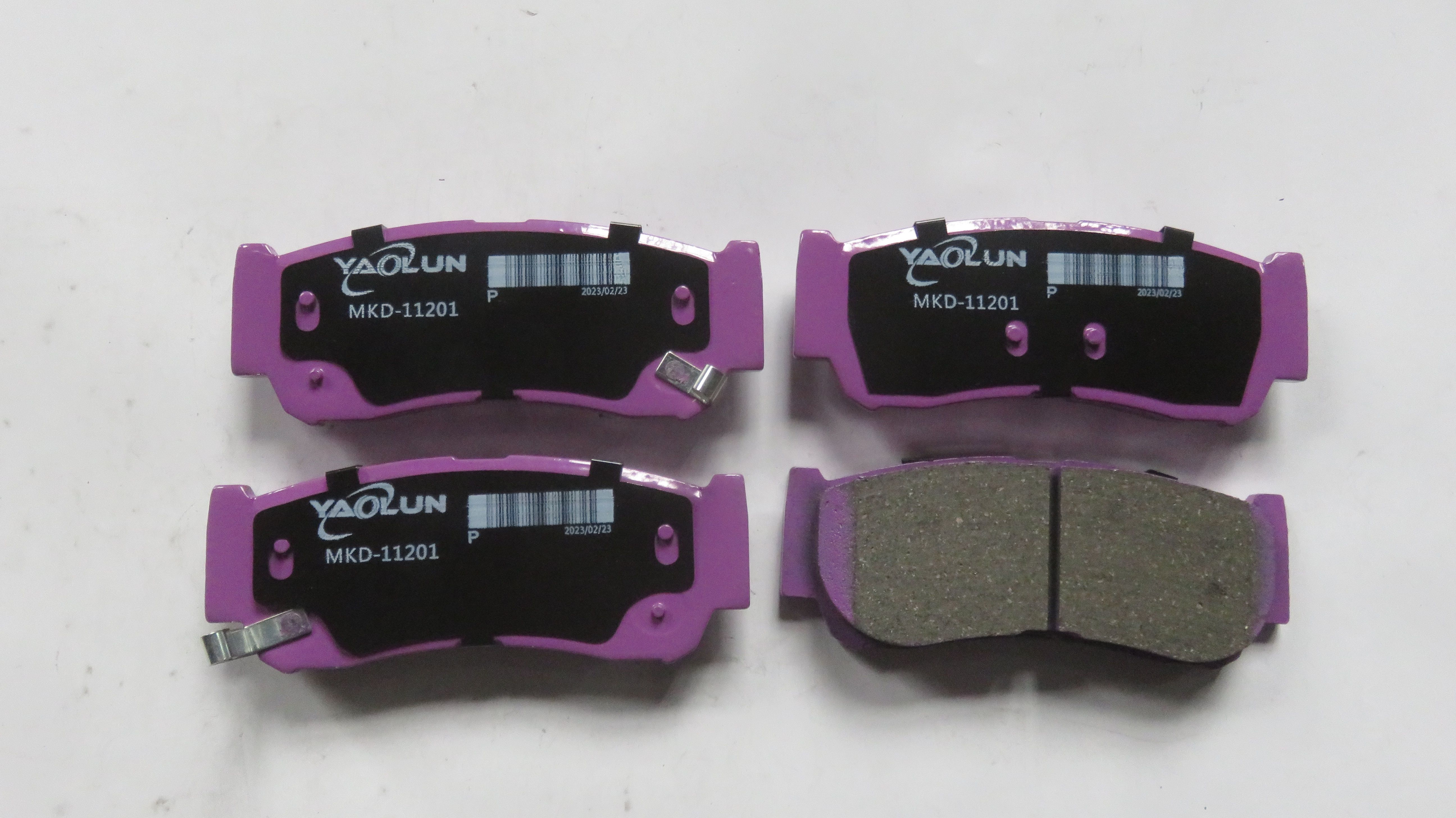
Brake Pads MKD-11201 HYUNDAI SANTA FE CC 2.2,2.7(HUATAI)front
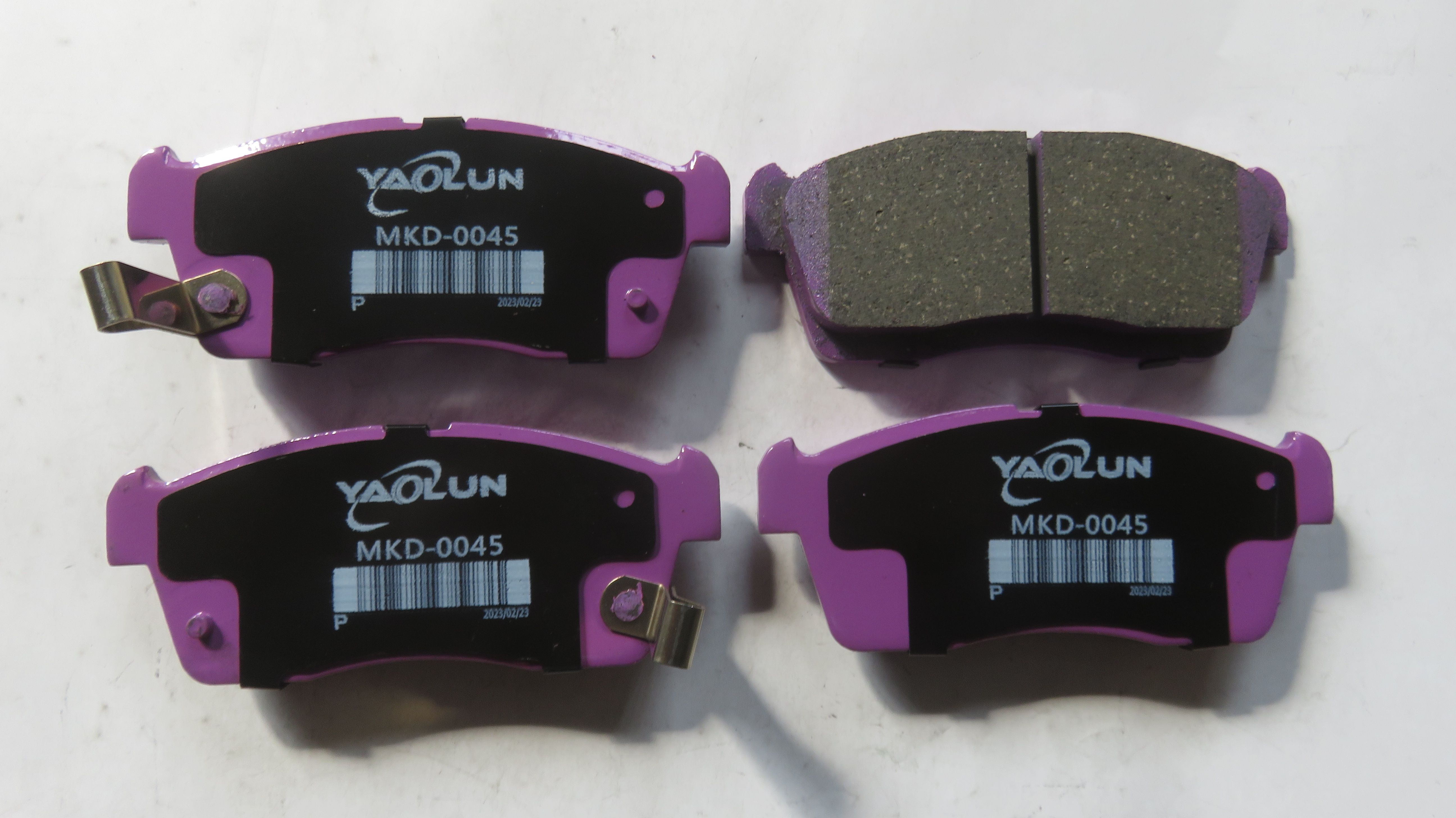
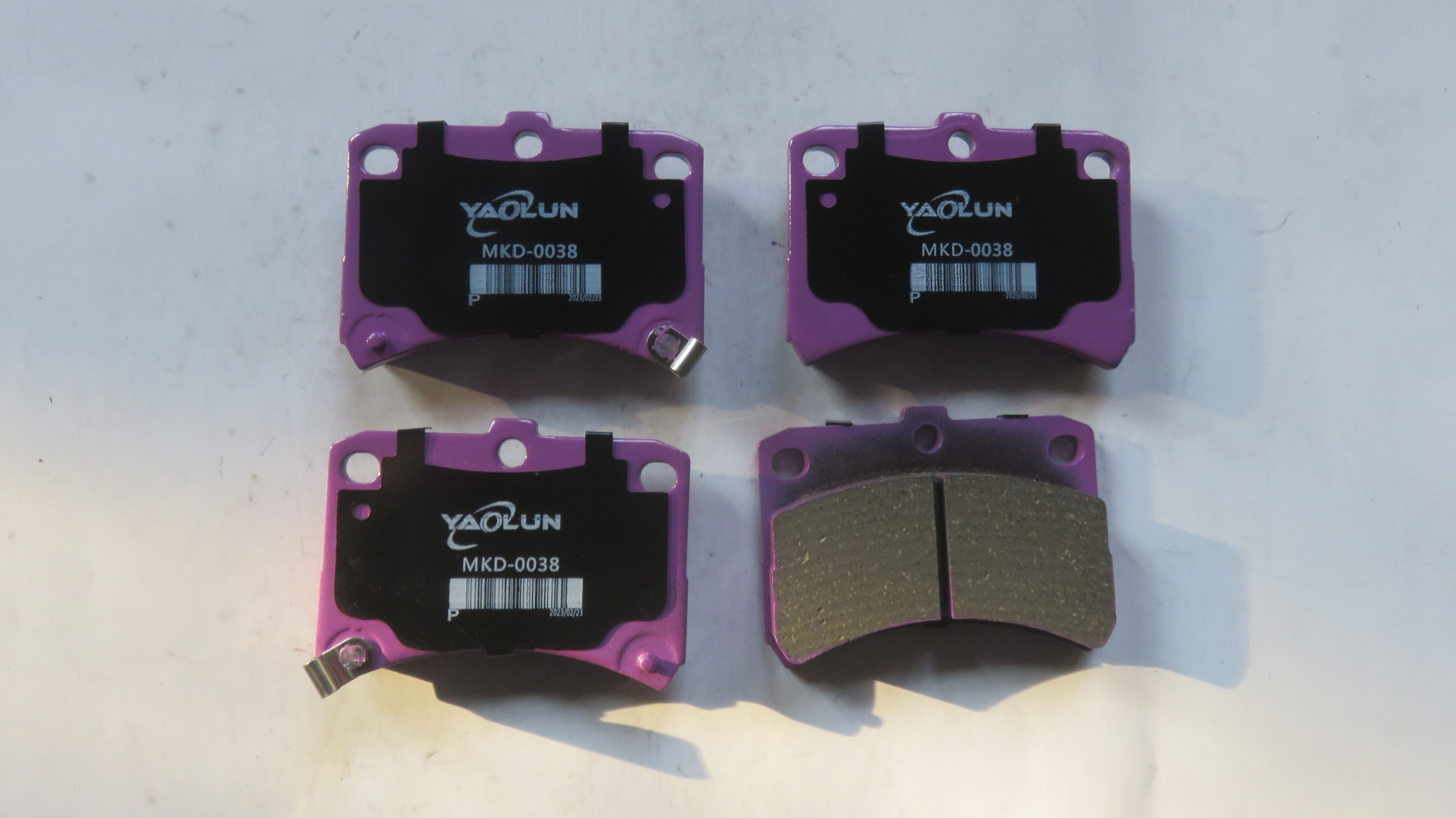
Brake pads MKD-0038 DAIHTSU Cuore VI(L7),Hijet, PERODUA,1998-2003
Navigation
>> E-mail: yaolun002@yaolunautoparts.com
>> Mob.: +86 13091010404
Subscribe To Our Newsletter
Stay in touch with us to get latest news and discount coupons
